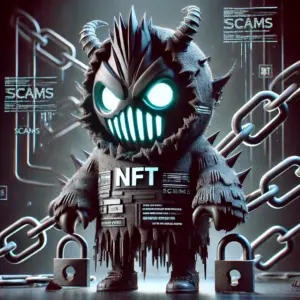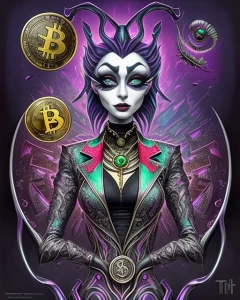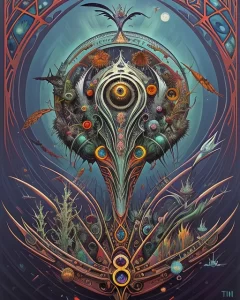The rise of Non-Fungible Tokens (NFTs) has sparked a wave of curiosity and, inevitably, confusion. One question that frequently pops up: “Why can’t I just copy an NFT? It’s just a digital file, right?” While the answer may seem simple at first glance, it delves into the complexities of digital ownership, scarcity, and the unique functionalities of blockchain technology. Let’s dive deeper and unravel the mystery behind this seemingly straightforward question.
Understanding the NFT Paradox: File vs. Token
At its core, an NFT is a unique digital certificate of ownership stored on a blockchain, a decentralized public ledger. This certificate doesn’t contain the actual digital asset itself (like an image or video) but rather a unique identifier and metadata linked to the asset’s location, often stored on a separate platform like InterPlanetary File System (IPFS). Crucially, this distinction lies at the heart of the “copy” conundrum.
The Mirage of Copying: The Uniqueness of the Token
Imagine a rare trading card. You can scan and copy the image, but that doesn’t make you the owner of the original card. Similarly, copying the digital file associated with an NFT is akin to copying the image of a trading card. It may look identical, but it lacks the crucial element of ownership: the unique identifier stored on the blockchain. This identifier acts as a digital fingerprint, permanently linking the token to its rightful owner and ensuring its authenticity.
Beyond the Image: The Value of Provenance and Community
The value of an NFT often transcends the digital file itself. It incorporates factors like:
- Scarcity: Limited editions and unique attributes within an NFT collection create a sense of exclusivity and rarity, driving value.
- Provenance: Knowing the origin and ownership history of an NFT adds value for collectors seeking authenticity and connection to the creator.
- Community: Membership and access to exclusive communities often come bundled with NFT ownership, fostering a sense of belonging and shared value.
Copying the digital file might replicate the visual aspect, but it can’t replicate these intangible elements that contribute significantly to an NFT’s worth.
Navigating the Gray Areas: Copyright and Fair Use
The question of copying becomes more nuanced when considering copyright. While owning an NFT doesn’t necessarily grant you the copyright to the underlying work, it might give you specific usage rights outlined in the smart contract associated with the token. Fair use principles also apply in the digital realm, allowing for limited reproduction for purposes like criticism or commentary. However, the boundaries of fair use in the context of NFTs are still evolving, and legal guidance is crucial to navigate these complexities.
Beyond the Hype: The Future of Digital Ownership
NFTs represent a significant step towards establishing verifiable ownership and scarcity in the digital world. While copying the underlying file might seem like a simple act, it fails to capture the essence of NFT ownership and the value proposition it offers. As the technology matures and regulations evolve, NFTs have the potential to revolutionize various industries, from art and collectibles to gaming and intellectual property management.
Remember:
- The uniqueness lies in the token, not the file.
- Scarcity, provenance, and community contribute to NFT value.
- Copyright and fair use considerations remain relevant.
- NFTs represent a step towards verifiable digital ownership.
The question of “copying” an NFT goes beyond a technical answer. It delves into the evolving landscape of digital ownership, the power of communities, and the potential of blockchain technology to redefine value in the digital age. As we explore this uncharted territory, understanding the nuances behind NFTs is crucial to navigating its complexities and recognizing its potential to shape the future of digital assets.
Additional Resources:






